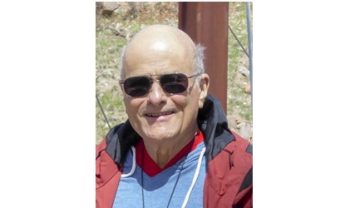
“Why would an anti-MAiD activist try to force a patient about whom they know nothing, to live by the activist’s personal values rather than the patient’s own?”

“Why would an anti-MAiD activist try to force a patient about whom they know nothing, to live by the activist’s personal values rather than the patient’s own?”

When determining an ethical standard of discussing physician aid in dying (PAD) during medical decision-making, it is important to begin with the caveat that physicians are not ethically obligated to assist a patient in ending his or her life, even if the physician informs the patient of the right to do so.

As more states legalize PAD and the practice becomes more ethically accepted, it is important to determine a standard of care to guide physicians.

Advocates, supporters, and champions (of MAiD) need to decide if it is better to have a law that is less than ideal … or have no law at all? Is something better than nothing?

Even though I would argue that most deaths aren’t good, we improve the quality of death of the vast majority of people we care for, often substantially. And there isn’t much that’s more satisfying than that.
It just doesn’t make the death good.

It’s time that we revise and refine our cultural lexicon around this emergent end-of-life practice. A medically assisted death definitively warrants a linguistic and conceptual category of its own.

We had a a rare reason to celebrate last week when the Drug Enforcement Agency (DEA) pulled back on its threat to curtail the boom in “telemedicine” that allowed us to deal with COVID-19.

The lawsuit does not attack the right of patients to access medical aid in dying, which is the heart of the bill. Rather, it challenges provisions of the law that require providers to inform patients of the availability of medical aid in dying, and to refer those patients to a willing provider if the patient’s primary provider is unable or is unwilling for any reason.

“You have to be well connected within a network of doctors or skilled in researching such matters, and that’s one possible explanation of why well-educated people are disproportionately represented in our findings.”

Unconscious, Michael lingered for hours. His waiting children had no one to call for advice, but Michael had left instructions for this eventuality. Sobbing, his son Bill lovingly carried out his father’s wishes.